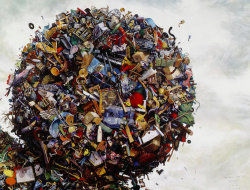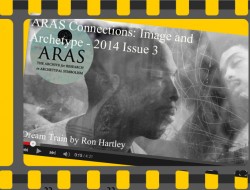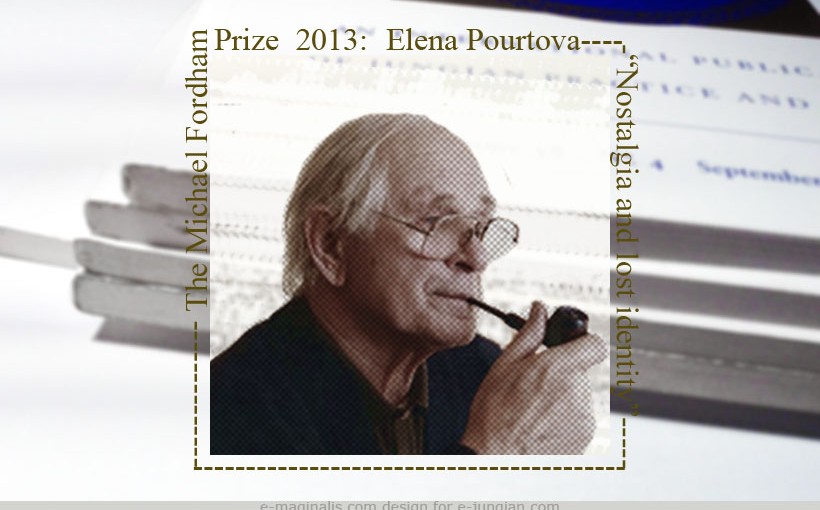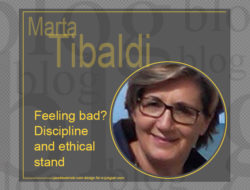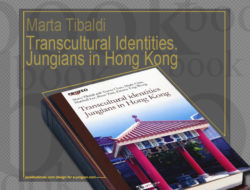The 2014 Fordham Prize was awarded to Jungian analyst from Russia Elena Pourtova for her paper Nostalgia and lost identity. The paper was published in the Journal of Analytical Psychology in Volume 58, Issue 1, pages 34-51, February 2013.
The Michael Fordham prize is awarded annually for the paper published in the JAP in the previous year that demonstrates the most creative and original approach to clinical analytic thinking. The prize of £250 is awarded by the Editors in consultation with the Journal Editorial Committee.
Michael Fordham believed that clinical work must always be at the heart of analytic thinking since it provides the data on which theory is based and the context in which it must be tested. The prize aims to promote this approach to the development of analytical psychology.
See more info about the Michael Fordham Prize
See info about JAP 60th Anniversary Event, March 2015
About the Article:
Elena Purtova considers nostalgia for the Soviet Union as a major social phenomenon in Russia today due to the irrevocable losses of the recent past in which Soviet citizens involuntarily became immigrants in their own country. With reference to discussions of nostalgia in philosophical and psychoanalytic literature, she suggests that nostalgia may represent either a defensive regression to the past or a progressive striving for wholeness through re-connecting with what has been lost in the service of a greater integration. She compares this with the processes of adaptation seen in immigrants and provide a clinical illustration of a young man coming to terms with loss and change in the post-Soviet era. When nostalgia is recognized as a legitimate emotional experience it may facilitate mourning and enable the integration of the past with the present and the development of a new identity.
The article was first presented as a panel lecture at the First European Conference for Analytical Psychology in Vilnius, Lithuania, 2009.
Pourtova in her paper refers to many examples from social life, literature and film, among them to Nostalghia by Andrei Tarkovsky:
Nostalgia, an excellent film of the Russian director, Andrey Tarkovsky, vividly shows us how this conjunction is established within the psyche. Tarkovsky said that he had tried „to render the state of a person who came into a deep conflict with the world and himself, who is not able to strike a balance between reality and a desired harmony, who, therefore, experiences nostalgia not only because of the geographical remoteness from the Motherland, but because of his global sadness in respect of the wholeness of existence.” (Abbot 1989) The protagonist of this film, a homesick Russian writer living in Italy, tries to carry a burning candle several times from one wall of a destroyed temple to the other. The hero gives no explanation of such an incomprehensible action. But taking into account the tension of his three attempts to carry the candle and to keep alight the flame, its highly significant personal meaning for the hero becomes understandable. With a great deal of effort, the hero finally manages to carry the burning candle successfully to the other wall. After that, a picture of his native home appears on the screen. At first, this looks like a successful ending. However, as the camera pans upwards, we see that the Russian land- scape with the hero’s relatives is placed within the walls of the destroyed Italian temple. The situation is resolved not by the choice of either this or that but by the conjunction of this and that.
JAP, 2013, 58, 34–51
Elena Pourtova
Elena Pourtova is a Jungian analyst and a member of the International Association of Analytical Psychology and the Russian Society of Analytical Psychology. She is an Assistant Professor and Chair of Consulting Psychology at the High Psychology School in Moscow. She lectures at the Moscow Association of Analytical Psychology and is a teacher of Jungian analysis in Moscow and other Russian cities.












